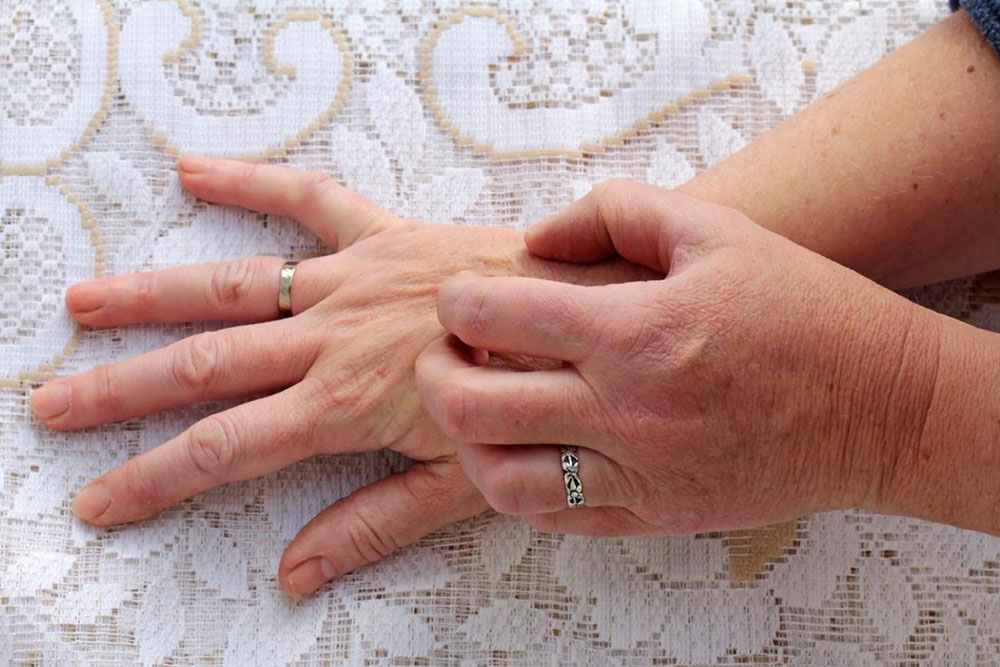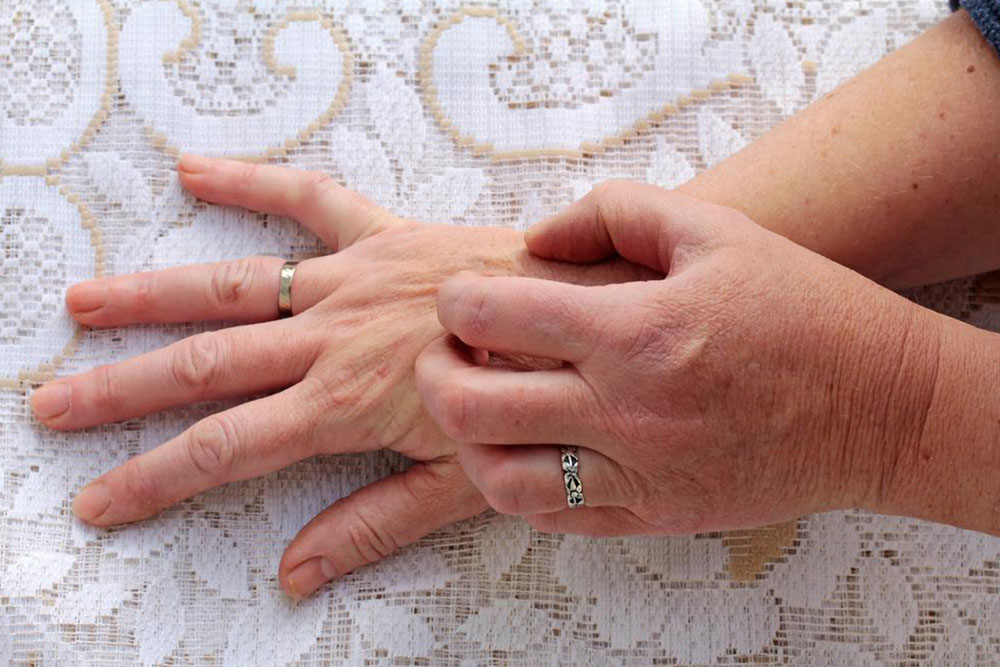Strategies to Reduce the Risk of Pancreatic Cancer
Learn effective strategies to lower your risk of pancreatic cancer through lifestyle changes such as quitting smoking, reducing alcohol intake, maintaining a healthy weight, and eating a nutritious diet. Prevention is key to avoiding this highly lethal disease.

Strategies to Reduce the Risk of Pancreatic Cancer
Pancreatic cancer remains one of the most lethal forms of cancer due to its late detection and rapid progression. While there is no guaranteed way to prevent it, adopting certain lifestyle changes may decrease your risk. Maintaining a healthy lifestyle is crucial.
Eliminate smoking: Smoking significantly increases the risk of pancreatic cancer, contributing to about 20-30% of cases. For those struggling to quit, consulting healthcare professionals for treatment options or nicotine replacement therapy can be beneficial. Support groups can also provide motivation and assistance.
Limit alcohol consumption: Excessive alcohol intake is a key risk factor for pancreatic cancer. Cutting back gradually and seeking support can help reduce this exposure effectively.
Minimize chemical exposure at work: Exposure to pesticides and heavy metals may increase cancer risk. Proper protective gear and safety precautions are essential during such activities.
Maintain a healthy weight: Keeping your weight within a healthy range lowers the risk. Regular physical activity combined with a balanced diet can help manage weight. A BMI above 23 is considered a risk factor, so monitoring your BMI is advisable.
Adopt a nutritious diet: Consuming at least 1.5 cups of fresh vegetables and fruits daily is essential. Incorporate whole grains, nuts, dried fruits, dairy, eggs, garlic, and coconut into your diet to lower cancer risk.
Preventive habits are vital, and increasing awareness is key. Following these recommendations can aid in reducing your pancreatic cancer risk.










